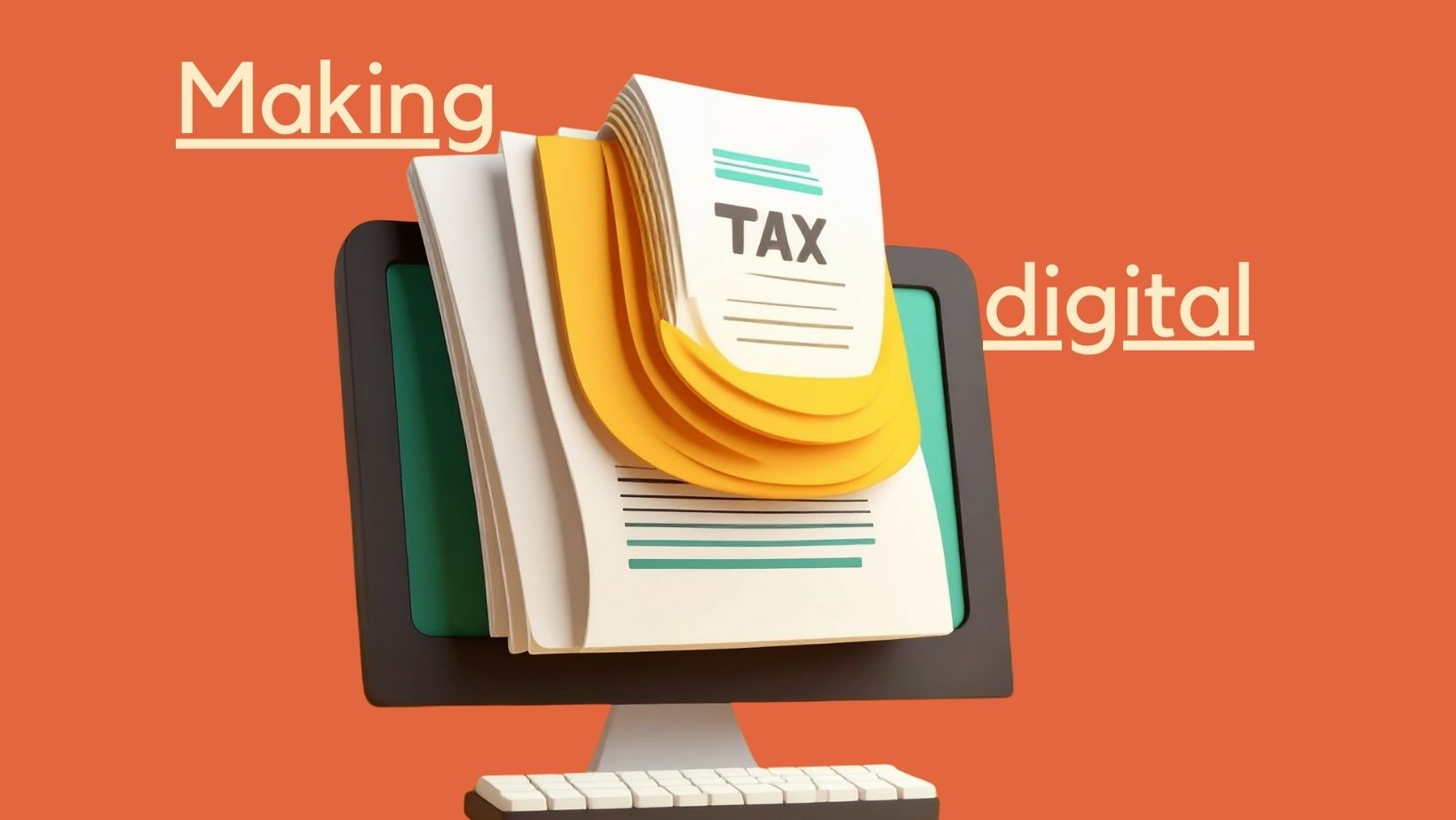Are you driving into 2025/2026 tax-efficiently?
Allowable benefits, such as company cars, are affected by things like Benefit-in-Kind and National Insurance Contribution rates. Business is changing all the time and small businesses and contractors need to stay on top of these latest tax considerations to keep their businesses cruising smoothly.
Whether you’re driving around town to meet clients for the success of your small business or simply need to get to work as a contractor, here are some key points to keep you tax-efficient in terms of company cars.
Key considerations for 2025/26
First of all, here are the top three points we need you to be aware of before we continue. Understanding these considerations is essential to making informed decisions about company cars and their tax efficiency:
Rising NIC Rates: From April 2025, Employer NICs (National Insurance Contributions) will increase to 15%, raising the cost of providing benefits. This means employers must contribute more towards NICs for any benefits provided to employees, including company cars. This will directly impact the overall cost of offering company cars as a small business.
BiK rate adjustments: BiK (Benefit-in-Kind) rates can change annually, so always review current rates before making a decision. The BiK rate determines the taxable value of the company car benefit, and any changes to these rates can significantly affect the amount of tax you or your employees will need to pay.
London congestion charge discounts: Electric and ultra-low emission vehicles qualify for exemptions, offering further savings for those driving in Central London. This is particularly important for small businesses and contractors operating in or frequently travelling to Central London. By choosing electric or ultra-low emission vehicles, you can benefit from these exemptions, reducing your overall costs and contributing to a more sustainable environment.
Company cars for contractors
Most contractors need to travel to a place of work, often to a wide range of temporary workplaces. So, it’s no surprise that we get so many questions about the best way to deal with business motoring costs. Well, fasten your seatbelt because here’s our simple, plain language guide.
Can your limited company provide a company car?
The short answer is yes. If you so choose, your company can buy and run a company car. The cost of buying the car can be claimed through capital allowances, and the running costs as expenses, which will reduce your company’s Corporation Tax bill. However, these days, a company car can be quite expensive for you personally, and it may not be the best idea when you consider the overall tax position.
The downside
If you use your company car for any personal journeys, including commuting, it counts as a taxable benefit in kind (BiK) so you would need to complete a P11D and pay income tax on the value of the benefit. Your company will also have to pay Class 1A National Insurance, which is 13.8% of this value (rising to 15% for 2025/2026).
Calculating the tax on your company car
To calculate the tax on your company car:
List price X BiK rate = taxable value.
You will pay tax on this value at your marginal rate, which is usually 20% or 40%.
Example
Imagine your company car has a list price of £30,000 and CO2 emissions of 103g/KM.
- List price: £30,000
- BiK Rate: 25%
- Taxable Value: £7,500
- Income tax (20% tax payer): £1,500/year
- Income tax (40% tax payer): £3,000/year
- Class 1A NICs Paid by company: £1,035/year (£1,125/year 25/26)
If your company pays for fuel:
If your company pays for fuel costs as well, this attracts a further taxable benefit in kind. The standard value set by HMRC is £27,800 for 2024/25 (rising to £28,200 from 25/26) and it’s multiplied by the BiK rate in the same way as the car’s list price.
To continue with the same example
If your company pays for fuel, the additional annual costs for 2024/2025 would be:
- Car Fuel Benefit Charge: £27,800
- BiK Rate: 25%
- Taxable Value: £6,950
- Income tax (20% tax payer): £1,390/year
- Income tax (40% tax payer): £2,780/year
- Class 1A NICs Paid by company: £959.10/year
If you’re a 40% tax payer and your company pays for fuel, the total tax cost is £7,774.10. It’s also worth noting that these are not one-off costs but must be paid every year for as long as your company provides the car to you. Assuming no increases in tax or changes to BiK rates, in this example, a higher rate tax payer would pay £23,322.30 in tax over just three years.
How to cut down the cost of your company car
Thinking that running a company car looks pretty expensive? We hear you. But don’t worry, there are ways to reduce the costs and still enjoy the perks of having a company vehicle.
Go for a less expensive car: Ask yourself, do you really need a big, fancy car with a prestigious badge? Is there a real business reason to splurge on a high-end vehicle? Maybe having a flashy car is essential to keep up your reputation, but for most of us, a more modest car will do just fine. Plus, a cheaper car means you’ll pay less tax.
Reduce your CO2 emissions: Lower emissions mean a lower BiK rate, which translates to less tax on your company car. Do you need that big, powerful engine, or can you manage with something smaller and more eco-friendly? Consider ultra-low emissions cars, like electric cars, plug-in hybrids, or those using hydrogen fuel cells – they come with the lowest BiK rates.
Choose the right fuel: Diesel cars usually have a BiK rate that’s 3% higher than petrol cars, and there’s an extra 4% surcharge on diesel models that don’t meet the “Real Driving Emissions” targets. If you drive a lot of miles, diesel might still be a better option due to its fuel economy. But if you don’t drive much, petrol is probably the way to go.
London Congestion Charge: Electric cars, plug-in hybrids, and others with CO2 emissions under 75g/KM qualify for a 100% discount on the London Congestion Charge. This won’t matter to everyone, but if you often drive into Central London, it can be a huge money-saver.
Buying and running a company van
The rules are slightly different if you’re buying a company van rather than a car. Your company can still offset the cost of buying and running the van to reduce Corporation Tax. If your company is VAT registered, it can also reclaim the VAT on the purchase of the van.
Example
The taxable value for benefit in kind is taken as a standard value of £3,960 in 2024/25 (£4,020 for 25/26) rather than varying by the list price and CO2 emissions, so the annual costs are:
- Income tax for 20% tax payer: £792.00/year
- Income tax for 40% tax payer: £1,584/year
- Class 1A NICs paid by company: £546.48
The taxable value of fuel, if your company pays is set at £757 (2024/25), so:
- Income tax for 20% tax payer: £151.40
- Income tax for 40% tax payer: £302.80
- Class 1A NICs paid by company: £104.47
What counts as a van?
A van is defined by HMRC as: “A vehicle of a construction primarily suited for the conveyance of goods or burden (excludes people)”. The important detail is how the vehicle was constructed, not how it’s used. So, even if you take the seats out of your people carrier and use it to carry goods, it still doesn’t count as a van. Following the Autumn Budget 2024, double cab pick-up (DCPU) vehicles will once again be classified as cars for tax purposes.
Using your personal car
If the company car option feels like it’s going to break the bank, and a van just isn’t your style, you could consider using your personal car for business trips…
When you use your personal car for business journeys, your company can reimburse you tax-free for your mileage.
The rate for a car or van is £0.45/mile for the first 10,000 miles in each tax year, and £0.25/mile after that. This mileage rate is designed to cover all the costs of using your personal car for work, including fuel, wear and tear, and repairs. Plus, your company can claim tax relief on the cost of your mileage.
Sure, this means you’ll need to buy the car with your own funds, which you’ve probably already paid tax on – either as salary or dividend when you took them from your company. But the good news is, it’s still likely to cost less overall because it’s a one-off expense, not an annual one.
Final Thoughts
Knowledge around business motoring costs is essential for small businesses and contractors. With the right advice and strategies in place, you can make tax-efficient choices that benefit your business. If you need expert guidance on your small business accountancy needs or are looking for the best accountants for contractors, don’t hesitate to reach out to us at Companion Accountancy.





